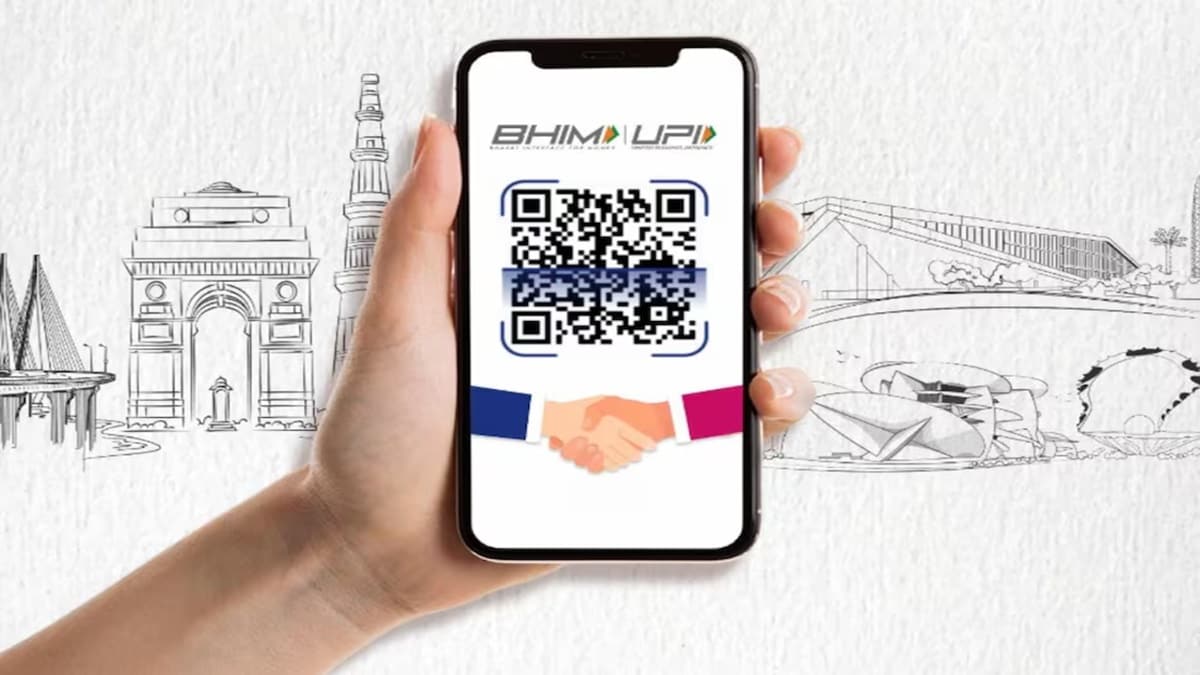Impact of Transaction Charges on UPI Usage in India
The Unified Payment Interface (UPI) has revolutionized the way Indians conduct digital transactions. However, recent surveys suggest that the introduction of transaction charges could significantly affect user engagement with this payment system. With a considerable number of users relying heavily on UPI for their daily transactions, any potential changes to the cost structure could have profound implications on its adoption.
The Current Landscape of UPI Usage
Recent data reveals that 38% of UPI users engage in over half of their payment transactions through this platform. Additionally, 37% of respondents indicated that they manage more than half of their payments via UPI. This data clearly indicates that UPI has become a crucial component of financial transactions for nearly four out of ten users.
Potential User Reactions to Transaction Charges
The survey results raise critical questions about user behavior in light of potential transaction fees. If such charges are implemented, users may reconsider their payment methods. The concern here is that UPI has thrived on the promise of being a cost-effective, hassle-free transaction solution. Introducing fees could drive users to alternative payment methods, such as cash, credit cards, or digital wallets, which might not carry such fees.
Benefits of UPI That Keep Users Engaged
| Benefit | Description |
|---|---|
| Instant Transfers | UPI allows users to transfer money instantly, making it a preferred choice for quick transactions. |
| User-Friendly Interface | The simplicity of the UPI app interface encourages more users to adopt it for regular payments. |
| Integration | UPI integrates seamlessly with various financial apps and services, enhancing its usability. |
| Security | UPI employs robust security features such as two-factor authentication, assuring users of safe transactions. |
The Road Ahead for UPI
As UPI stands at a crossroads, stakeholders in the financial sector must consider the potential fallout of introducing transaction charges. Maintaining user trust and engagement is paramount. If transaction fees are necessary for the sustainability of the service, strategies must be devised to minimize user churn. This might involve implementing a tiered fee structure where high-value transactions benefit from lower fees or ensuring that the overall user experience remains unparalleled.
In conclusion, while UPI has firmly established itself as a vital player in India’s digital payment landscape, any changes to its cost framework must be approached thoughtfully. Protecting user interests and providing tangible value will be key factors in maintaining the popularity and effectiveness of UPI in the future.











